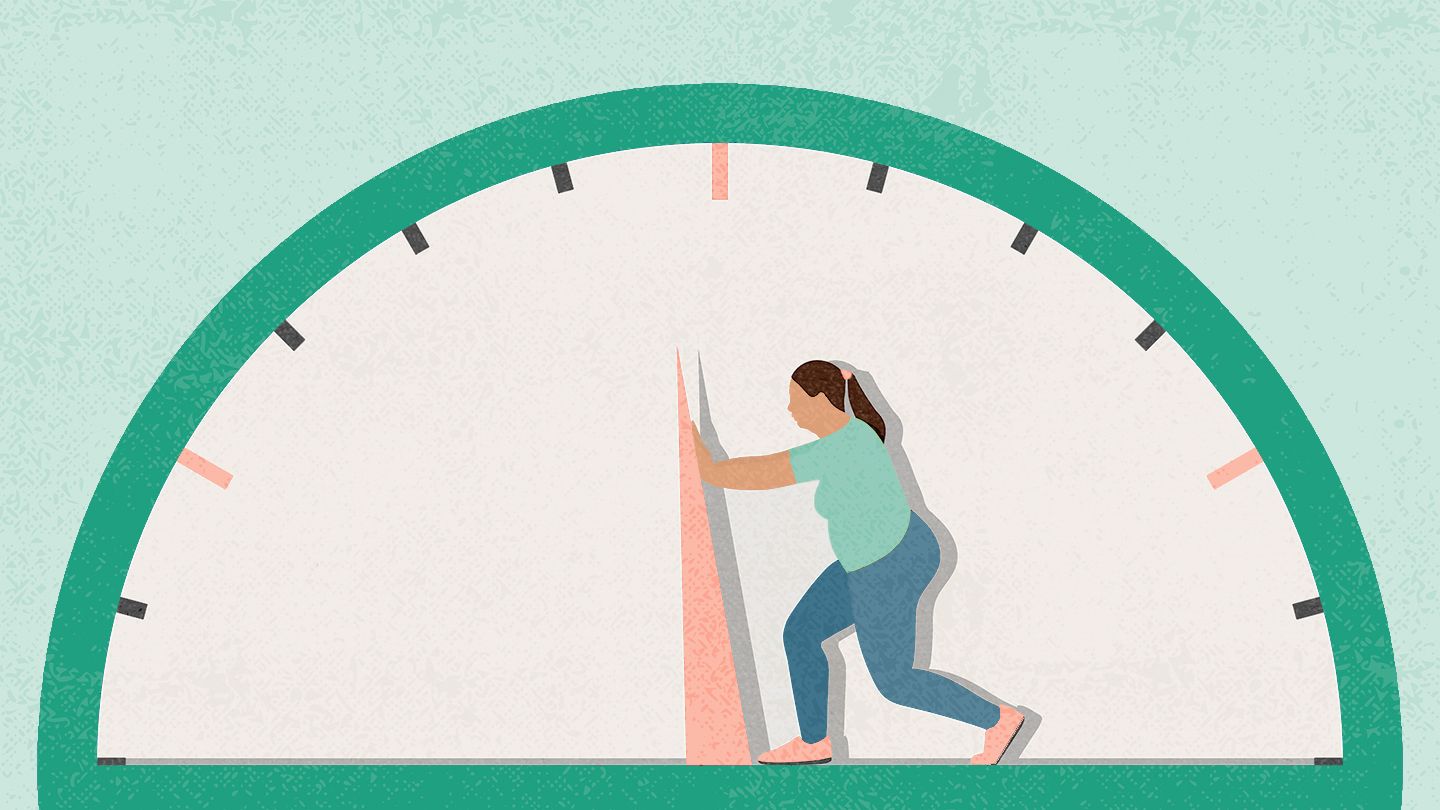Calories are a unit of measurement. It represents the energy content of food and beverages. A specific quantity of calories is needed for the body to function. Any extra calories will get turned into fat, which will increase weight overall. Only when the body is consuming fewer calories than it is expelling cannot it lose weight. Through calorie restriction in food and frequent exercise, one can lose weight. A lot of things, though, can stop you from losing weight.
- Concentrating primarily on exercise without also being mindful of diet
There must be a calorie deficit for weight loss to take place. In this instance, physical activity burns more calories than nutrition does for the body. Exercise is a great way to burn calories. To lose any weight, one must mix exercise with calorie restriction, though. Research indicates that without making significant dietary changes, people are unlikely to lose a considerable amount of weight by exercise alone.
- Adopting a trend diet
Numerous fad diets lack any supporting scientific research, and they may make weight loss more difficult. There is an overwhelmingly wide selection of weight loss regimens due to the substantial financial rewards. Many of these diets are limiting and might have health effects. Some fad diets, including the Atkins diet, have the potential to cause weight loss. But more often than not, this is brought on by muscle and water loss rather than fat.
- Sugary beverages
Too many sugary beverages can impede weight loss. According to research, diet sugar intake affects weight gain. But a lot of this might be directly connected to drinking sugary beverages. It is simple to forget about liquids when planning a diet. However, a lot of sugary beverages include a lot of calories. These drinks do not sate hunger and give the body little energy. It makes it simpler to overindulge in sugar without realizing it.
- Sleep
Sleep deprivation or insufficiency may hinder weight loss, As per to the Immudi plan. Poor sleep has to get linked in studies to an increased risk of diabetes and obesity. Sleep deprivation likely affects the body’s capacity to control hunger.
- Alcohol
Alcohol consumption in excess can impede weight loss, As per to the Immudi plan. Alcohol is a calorie-dense beverage. For instance, a 12-ounce beer typically has 153 calories, whereas a glass of red wine typically has 125 calories. Four beers in one evening can add 612 more calories to your daily consumption. Light drinking is unlikely to result in body fat, but heavy drinking will, according to the evidence. It is typically not required to abstain from alcohol to lose weight; it is still possible to do so while drinking two or three alcoholic beverages. It might be beneficial to stick to calorie-light alcoholic options like vodka or whisky.
It can be challenging to lose weight. There are no actual shortcuts; instead, success comes from perseverance and hard work. Maintaining a calorie deficit with a balanced diet, aerobic and anaerobic activity, and sleep hygiene is the key to weight loss.


